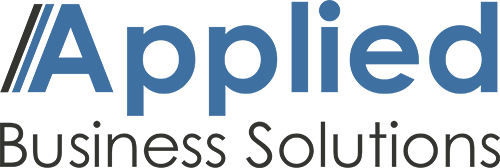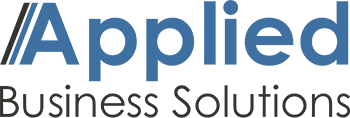The Affordable Care Act (ACA) tax provisions and requirements are crucial for business owners and employers to understand to ensure compliance. The ACA contains benefits and responsibilities for employers, and the size and structure of your workforce will determine what applies to you.
Here are some important points to keep in mind:
- Small employers, generally those with fewer than 50 full-time employees, may be eligible for credits and other benefits.
- If you have 50 or more full-time employees, including full-time equivalents, you are considered an applicable large employer (ALE) and must adhere to certain ACA requirements.
- ALEs must issue statements to employees and file an annual information return reporting whether and what health insurance was offered to employees.
- ALEs are subject to the employer shared responsibility provisions, which require employers to offer affordable, minimum essential coverage to their full-time employees and their dependents. Failure to comply with these provisions may result in penalties.
- Employers with common ownership or those that are part of a controlled group are considered part of an aggregated group. In this case, employees must be aggregated or combined to determine the workforce size.
- To determine workforce size, full-time employees and full-time equivalents must be taken into account. Full-time employees are those who work an average of at least 30 hours per week or 130 hours per month. Full-time equivalents are determined by adding up the hours worked by part-time employees (those who work less than 30 hours per week) and dividing by 120.
- Employers that provide self-insured health coverage to employees must file an annual return reporting certain information for each covered employee and provide the same information to covered individuals.
If you have fewer than 25 full-time employees, including full-time equivalent employees, you may be eligible for a Small Business Health Care Tax Credit to help cover the cost of providing coverage. Additionally, employers with 50 or fewer employees may be eligible to buy coverage through the Small Business Health Options Program (SHOP) Marketplace.
It’s important to note that failure to comply with ACA provisions can result in penalties. For example, the penalty for failing to file an information return is $270 per return, up to a maximum penalty of $3,339,000. The penalty for failing to provide employees with the required statement is $270 per statement, up to a maximum penalty of $3,339,000.
Navigating ACA compliance can be a daunting task, but there are companies that can help. Applied Business Solutions provides comprehensive HR services, including payroll, benefits administration, and compliance assistance. By partnering with us, you can offload many of the administrative burdens of ACA compliance and focus on growing your business.
Applied Business Solutions can help you determine your workforce size, ensure that you are offering affordable, minimum essential coverage to your full-time employees and their dependents, and file the necessary paperwork to remain in compliance. We can also help you take advantage of any available tax credits and benefits.
In conclusion, understanding your workforce size and the requirements that apply to your business is crucial to avoiding penalties and remaining in compliance with the ACA. If you need assistance, contact us to help manage the administrative tasks of ACA compliance, so you can focus on growing your business.





